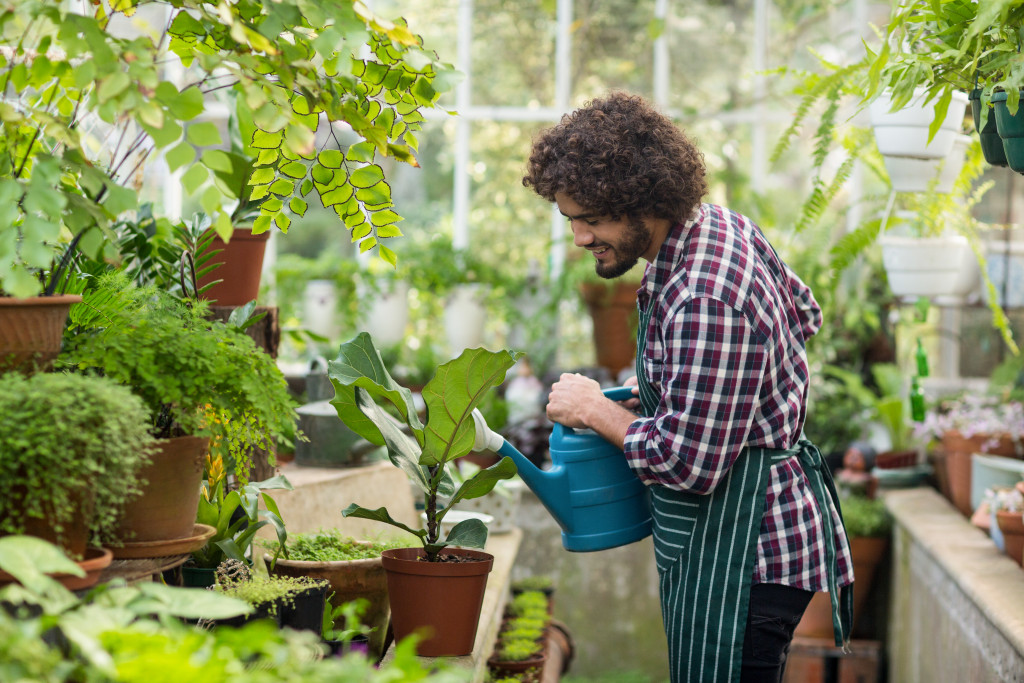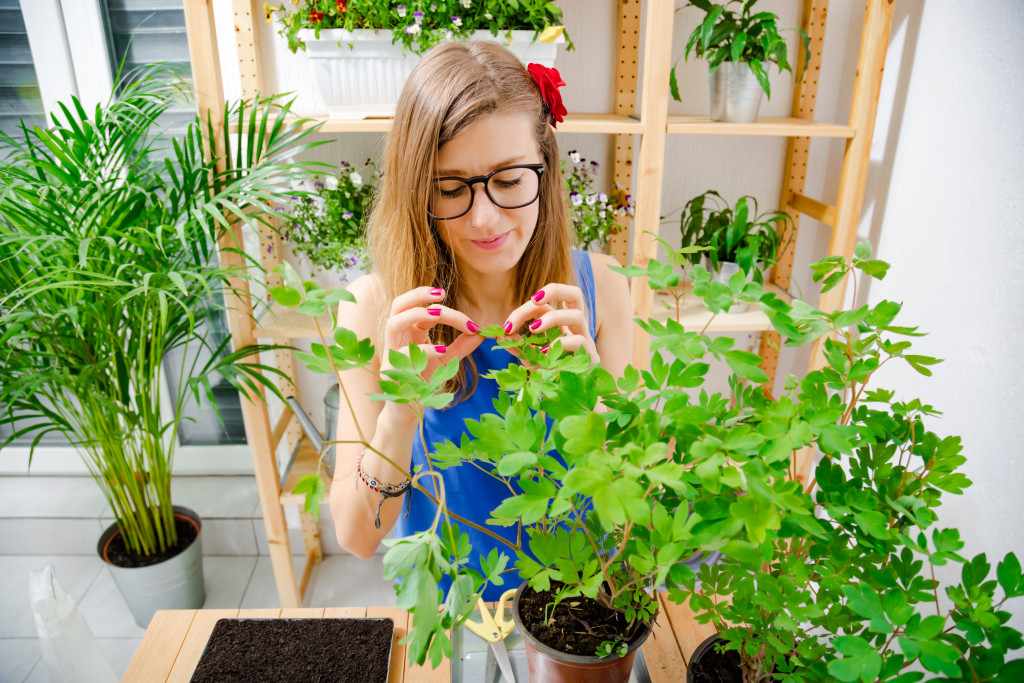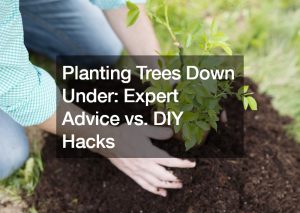Gardening is a hobby that has many benefits. It can be relaxing, therapeutic, and a great way to get some exercise. But it’s not always easy to start, especially if you don’t have a green thumb.
When it comes to taking care of your plants, there’s a lot of information on how to do it right. But sometimes, all that advice can be overwhelming and confusing. So, we’re here to give you the basics of caring for your plants – the easy way! Just follow these simple tips, and you’ll have healthy plants.
Start with the suitable soil
The key to a healthy plant is healthy soil. If you’re not sure what kind of soil you have, get it tested. That way, you’ll know what nutrients your plants need and how to amend the soil accordingly.
However, you can also consult a residential paving service provider near you. These experts can help you choose suitable soil for your plants. But that’s not all, they. They allow you to create a beautiful garden you can be proud of.
Give them some sun
Just like people, plants need sunlight to live. Sunlight provides energy for photosynthesis, which is how plants convert sunlight into the food they need to grow. Without enough sunlight, plants will weaken and eventually die. The amount of sun a plant needs depends on the species – some plants thrive in direct sunlight, while others do better in partial shade. When you’re choosing a spot to plant something, make sure to take into account how much sun it will get throughout the day.
And if you’re not sure, there are plenty of resources (including this one!) that can help you figure it out. Once you’ve got your plant in the right spot, give it a little time to adjust to its new home before you start worrying about whether it’s getting enough sun or not. A few days in the shade won’t hurt most plants, but after that, you’ll want to ensure it gets at least 6 hours of sunlight a day. With the right amount of sun, your plant will be happy and healthy in no time!
Water them regularly

Watering your plants regularly is one of the most essential tasks you can perform for them. Depending on the type of plant, they may need to be watered once a week or even daily. Staying your finger in the soil is the best way to tell if a plant needs water. If it’s dry, it’s time to water. If it’s damp, the plant is fine.
Overwatering plants can be just as harmful as not watering enough, so check the soil before giving your plant a drink. When you do water, give the plant enough so that the water runs out of the bottom of the pot. This will help to ensure that the roots are getting correctly hydrated. With a little TLC, your plants will thrive.
Don’t forget to fertilize
Fertilizer is essential for maintaining healthy plants. It provides them with the nutrients they need to grow and flourish. However, it’s important to use fertilizer properly. Too much fertilizer can harm plants, and it can also pollute the environment. When applying fertilizer, be sure to follow the instructions on the package. If you’re unsure how much fertilizer to use, ask a gardener or nursery worker for advice.
Overfertilizing is a common mistake, so err on the side of caution. It’s better to fertilize too little than too much. Once you’ve applied fertilizer, water your plants well. This will help the nutrients reach the roots and work their magic. With a bit of care and attention, your plants will be healthy and happy all season long!
Pest control
Anyone who’s ever dealt with pests knows they can be a real pain. Not only are they unsightly, but they can also do severe damage to your plants. Fortunately, there are several effective pest control methods that can help you keep your plants healthy and pest-free. One of the most important things you can do is to identify the pests that are causing problems.
Once you know what you’re dealing with, you can select the most appropriate control method. Common techniques include physical removal, traps, and chemical sprays. You’ll also want to take steps to prevent pests in the first place, such as keeping your garden clean and free of debris.
The bottom line
If you follow these simple tips, you’ll be well on your way to having healthy and happy plants. Just remember that every plant is different, so be sure to do some research on the specific needs of the plants you’re caring for. With a little knowledge and a lot of love, you can create a beautiful garden that will thrive for years to come.





